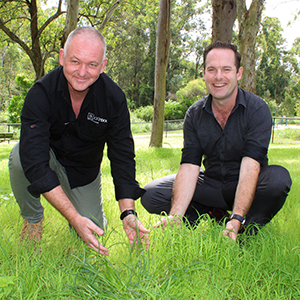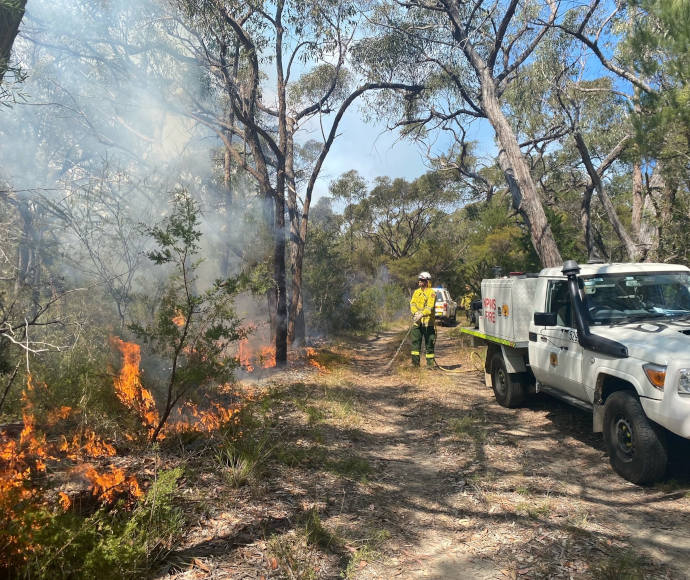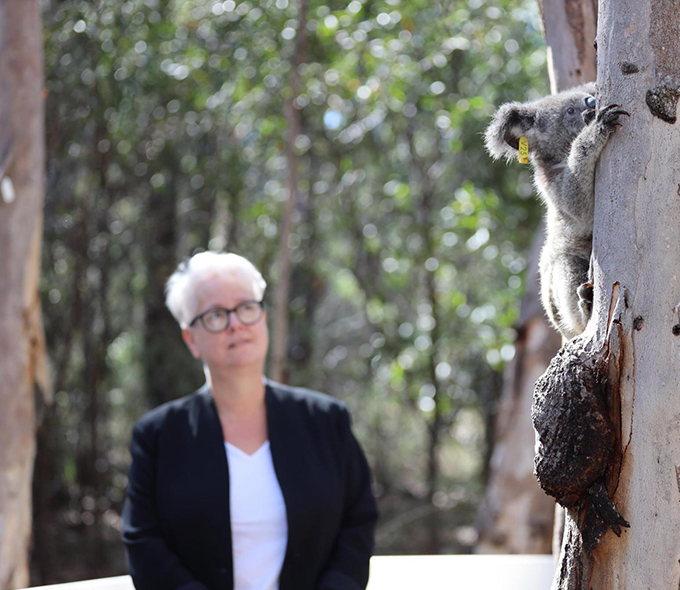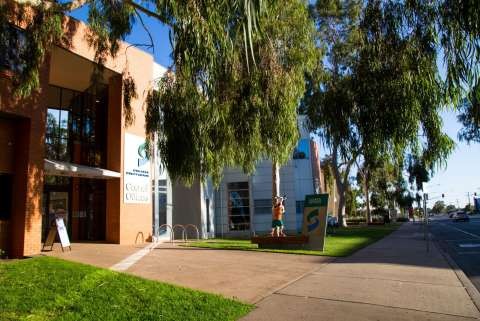Leading Indigenous health and education charity, Bridging the Gap Foundation (BTGF), has received a generous $30,000 donation from South Australian philanthropic organisation, the Fay Fuller Foundation.
The donation will directly contribute towards the development of a new, self-guided version of the ‘Stay Strong’ app, which has been created and led by Menzies School of Health Research, a leading medical research institute dedicated to improving the health and wellbeing of Indigenous peoples.
Menzies’ researchers are developing a new iteration of the app, which will be known as ‘Stay Strong Kigutj’ and draws its name from the Kungarakan word meaning ‘my personal spirit guide’. The donation will allow the app to be codesigned and adapted in partnership with the Aboriginal Kidney Care Together – Improving Outcomes Now (AKction2) Reference Team in South Australia to support Indigenous people in South Australia.
According to Professor Tricia Nagel from Menzies School of Health Research, who leads the Stay Strong program and has collaborated with BTGF on funding for the development of the app, the donation from Fay Fuller is incredibly timely.
“Our vision is to work together to understand and respond to challenges holistically, and as such, Fay Fuller’s funding will now allow us to undertake consultation, codesign, user testing and finalisation of the Stay Strong Kigutj app to strengthen communication, relationships and rapport building in a culturally safe and responsive way,” she explained.
“It’s proven that codesigning self-management strategies alongside Aboriginal and Torres Strait islander people is key. We look forward to improving experiences and re-empowering people on the kidney care journey through self-guided tools and peer support leading to transformative change.”
Results of a recent study by Menzies’ Stay Strong team showed that the Stay Strong app significantly improved wellbeing for those with symptoms of distress and depression.
“This result is important as there are few, if any, culturally responsive self-management support tools currently available, and developing these digital wellbeing apps is vitally important to support people to access culturally appropriate health information and treatment,” she added.
“We can’t wait to get started on the next phase of our program with Stay Strong Kigutj, and from this point forward, as we embark on consultation, we’re aiming to release the new app to market by the end of 2024 or early 2025.”
This funding success is an example of BTGF’s ongoing work to address the gap in health and education opportunities and outcomes between Indigenous and non-Indigenous Australians, through meaningful partnerships and practical projects.
About Bridging the Gap Foundation
Bridging the Gap Foundation was established by Menzies School of Health Research to address one of Australia’s most important issues, the nine-year gap in life expectancy between Indigenous and non-Indigenous Australians. The Foundation aims to improve health and education opportunities and outcomes for Aboriginal and Torres Strait Islander people.
You can help bridge the gap by contributing to the work of the Foundation. All donations are tax deductible.
About Menzies School of Health Research
Menzies is one of Australia’s leading medical research institutes dedicated to improving the health and wellbeing of Aboriginal and Torres Strait Islanders, and a leader in global and tropical research into life-threatening illnesses. Menzies continues to translate research into effective partnerships and programs in communities across Australia and the Asia-Pacific region. Learn more about our work: www.menzies.edu.au
About the Aboriginal Kidney Care Together – Improving Outcomes Now (AKction) group in South Australia
The AKction group brings together Aboriginal kidney patients and family members, health professionals, health services, academics and researchers to improve kidney care in South Australia. It aims to identify and respond to the needs of Aboriginal kidney patients and their families.








